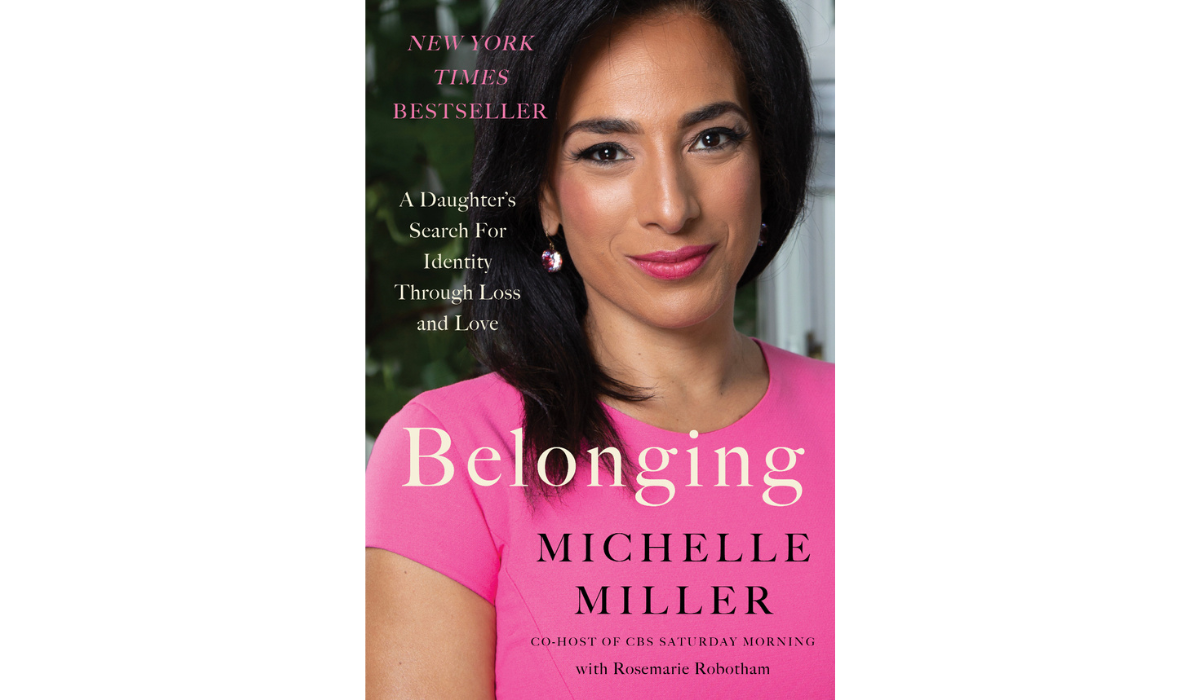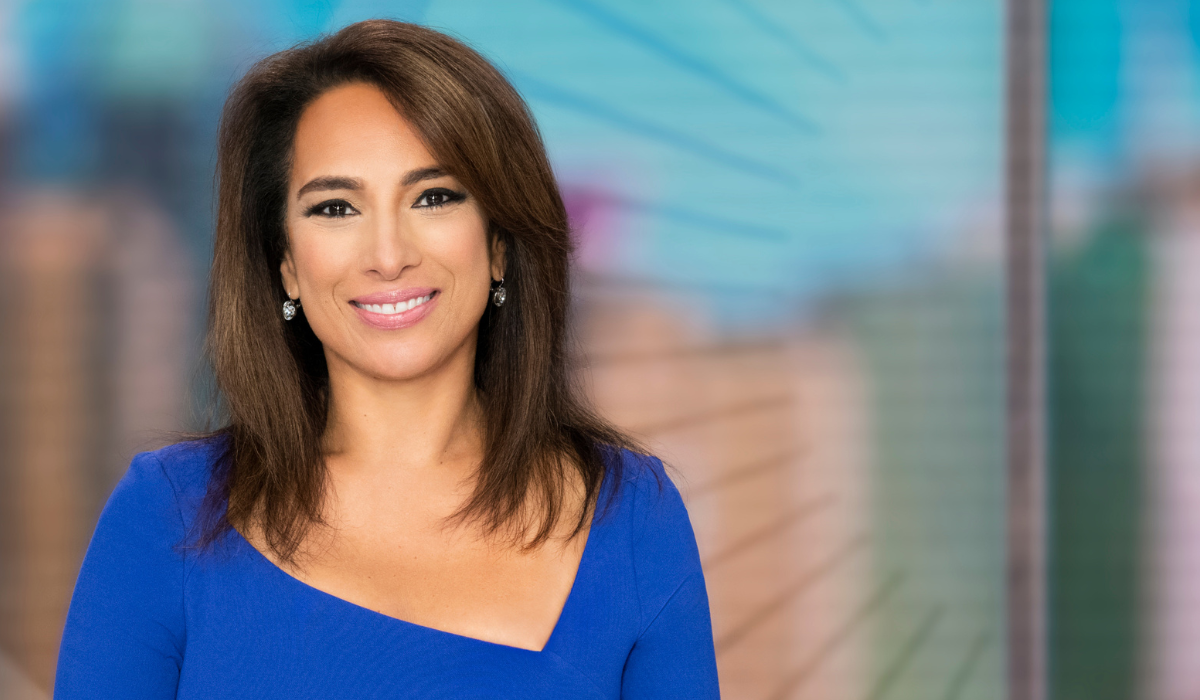CBS Saturday Morning Host Michelle Miller on Love, Loss, and Her Search for Belonging
I was twenty-four when my father directed me to go find my mother. In my two-plus decades as a motherless child, I had learned that identity is shaped as much by those who are absent in our lives as by those who stay by our side.
As a child, the only detail I’d known about the woman who birthed me was that she wasn’t Black. My southern grandmother referred to her as Caucasian. My physical appearance only complicated things as a kid; my lightly toasted complexion and mass of wavy brown hair baffled some people. Those in the Black community would recognize me as Black, but the nod usually came with a wrinkle to their noses, as if to say, but what else you got mixed up in there, girl? Other times, people queried whether I was Italian, Jewish, or Hispanic, peppering me with questions about my heritage long before I had examined such questions for myself. As I grew older, the unsolved mystery of my mother inclined me toward chasing the answers.
This might explain why a career in journalism called out to me. One story at a time, I wanted to investigate life’s unknowns, to engage the larger narrative of my American homeland and witness human experience from the center of its unfolding. Broadcast news in particular appealed to me—I suspect that I secretly hoped that my mother might one day see me on her television screen and come to claim me.
Through the years, my work as a TV news correspondent would place me at the center of epochal moments in Black history, from the tragic aftermath of Hurricane Katrina in 2005, to the shocking massacre of Black worshippers by a White supremacist in a Charleston church ten years later, to the fevered George Floyd rallies in the shadow of a global pandemic, when Americans of all creeds and colors marched together for a brief hopeful moment in the cause of racial justice and the sanctity of Black lives.
Fortunately, in my career as a journalist, I have been tasked with bearing witness to more than Black trauma and pain. There has been triumph, art, and inspiration, as well as stories of pure joy and whimsy, such as the royal nuptials of Prince William and Kate Middleton, and when I donned my tartan and traveled to Scotland to report on the hit TV series Outlander, with its romantic time-travel plotline. All of it has shaped me not only professionally, but also personally, amplifying my voice as a Black woman storyteller.
Finding my way into network newsrooms wasn’t always easy, however. With my untamed exuberance, transparent vulnerabilities, and penchant for blurting out the right sentiment at exactly the wrong moment, I stepped into my calling in fits and starts, navigating spaces where people weren’t quite sure what to make of me. Such encounters never failed to short-circuit me back to a childhood in which I was bused to four different schools in five years, a Black girl integrating White environments, who ached with wondering where she truly belonged.
These days, some might recognize me from CBS Saturday Morning, which I cohost weekly with Dana Jacobson and Jeff Glor, guided by our fearless executive producer Brian Applegate. By giving me agency on a national platform, that show changed my whole trajectory in the news industry. Others may recall my time as First Lady of New Orleans, including the spectacle of my wedding to the scion of one of the nation’s most powerful Black political families, Marc Morial, then the youngest mayor ever of his storied city, and now president of the National Urban League.
Still others know me as a suburban mother of three, while to those who remember me from my hometown of Los Angeles, I am the native daughter done good.
I believe that my own effort to find and know my mother mirrors the quest we all must undertake—to bring together our estranged tribes, to knit something good from a painful past, to invent ourselves anew.
As I reflected in “Witnessing History,” the CBS This Morning segment about my family that aired at the height of the George Floyd racial justice protests in 2020: “Everyone must see in America who she was and who she is, in order to decide who she wants to be. We are living with her original sin. We must face that, and bear witness to change that won’t allow a next time.”
My book, Belonging, is my witness. In its simplest terms, it is the story of one woman’s search for herself. In the context of my mother’s early abandonment of me, and my coming of age in the racialized crucible of my American homeland, it is a search that has involved the painful work of constructing an identity that is authentic and purposeful, healed and whole. Perhaps, as my father suggested when he urged me to explore the unknown, this is the task we must each engage—to find our lives.
We are each, after all, born to a quest whose starting point is set by the providence of where our star is cast, and we must place our feet upon the path where we awaken, and follow it to the place we feel most comfortable—the place where we BELONG.

From the book BELONGING: A Daughter’s Search for Identity Through Loss and Love by Michelle Miller. Copyright © 2023 by Michelle Miller. Reprinted by permission of Harper, an imprint of HarperCollins Publishers.
Michelle Miller is an Emmy, Gracie, DuPont, and Murrow award-winning journalist who co-hosts CBS Saturday Morning. She first joined CBS News in 2004, and her work is also regularly featured on the CBS This Morning, CBS Sunday Morning and CBS Evening News. She has also appeared as a correspondent on 48 Hours.
Please note that we may receive affiliate commissions from the sales of linked products.



